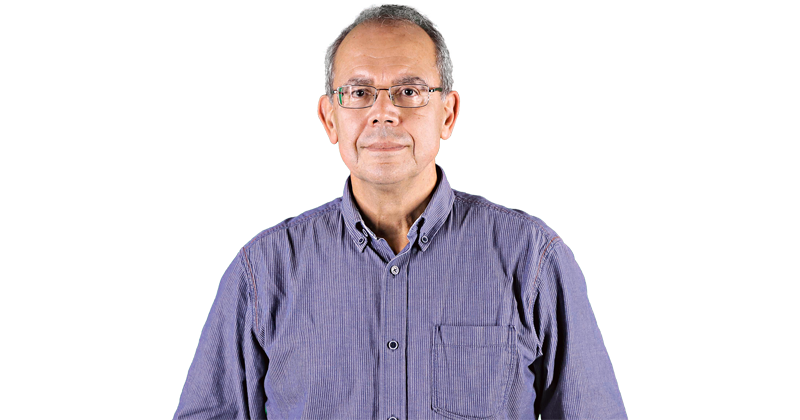In 1981, Scottish philosopher Alasdair C. MacIntyre (1929) published one of his most outstanding books on ethics: After Virtue: A Study in Moral Theory (After Virtue: A Study in Moral Theory). This work began with a “disturbing proposal”. The author invited readers to travel to an imaginary future, after a “chain of environmental disasters”, natural sciences and scientists will be made scapegoats. Angry masses would attack universities and laboratories, kill and burn, until a “political movement of voluntary ignorance (knowing nothing)” would seize power and destroy the foundations of scientific knowledge. Over time, resistance to barbarism will lead to a rebirth of scientific curiosity. The rest of the destructive sciences, however, were just bits of works and concepts (eg, ‘neutrino’, ‘mass’, ‘atomic weight’…), however, without an effective knowledge of general theories, broader framework contexts. For devices, conceptual doctrines, and even less methods of action. Science could have been reduced with the hammer of armed ignorance to mere loose words, torn from grammar that could give them meaning and revitalize.
MacIntyre only intended, by this example belonging to the realm of fiction 40 years ago, to reveal his vision of the tragic state in which morality has found itself, both as a discipline and as a concrete personal and social experience. However, from the perspective of current “denial” movements – against the physics of climate change and against the biomedical sciences involved in the fight against the Covid-19 epidemic – the Scottish thinker ended up, after all, predicting the history of our present. Nowadays, even in large democratic countries, outright hostility against scientific knowledge that is expressed at a high level, in favor of vested interests and prejudices, what confers dignity to science, and not merely operational benefit, had to be strong eroded by concrete choices and policies .
In the last half century, science has lost the ability to self-criticism, which is possible only when the consciousness of belonging to a whole dwells, and the meaning, limits and purposes of its message are thought out. Scientific education has gradually distanced itself from the ties that bind it with the tradition of classical culture, capable of linking work and appreciation, on the contrary, it is mobilized in an increasing specialization, linked only to the concept of performative rationality and instrumentalism. And the emergence of neoliberal globalization did the rest. States left science and scientists, including their careers, in the market and maximizing business affairs. Some exceptions occur in some university outlets, and in the areas of armaments and defense of imperial states. The lack of real science policy capable of sustaining a basic and strategic research agenda, without the pressures of short-term gains, promoting scientific knowledge and outreach from a citizenship perspective, has weakened science’s immune system, exposing it to the virus. Contagion of magical thinking and organized superstition.
college professor

“Wannabe internet buff. Future teen idol. Hardcore zombie guru. Gamer. Avid creator. Entrepreneur. Bacon ninja.”

